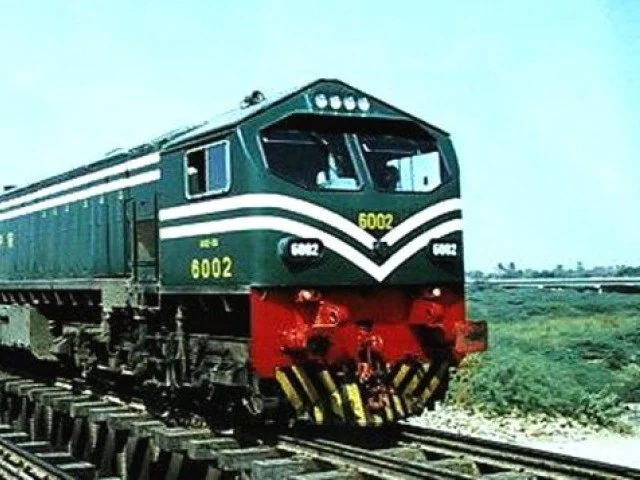ISLAMABAD, Oct 16 (ABC): The Department of Civil Engineering of Pakistan Railways, in a summary moved to the Ministry of Railways, has demanded huge grant of money for the restoration of infrastructure damaged by massive torrential rains and floods.
The Civil Engineering Department required about Rs 53 billion to restore the signals system, as many as Rs 60 billion to fix the partial damage suffered by 33 Railway Stations in Lahore, Karachi, Multan, Sukkur, Peshawar, Rawalpindi and Quetta divisions and over Rs 6 billion to make the communication tower and other equipment functional again, sources in the Pakistan Railways told.
They said the signals system had also suffered massive destruction in Lahore, Karachi, Multan and Sukkur divisions due to unexpected rains and flood in most parts of the country.
The sources said for the repairing of the drainage system at 41 railway yards and their restoration, an estimate of Rs .23 billion was made, adding that 3,187 kilometres track of Main Line-I, II and III was completely destroyed.
Likewise, they said 1,446 railway bridges and culverts were damaged out of which two railway bridges were completely destroyed in Quetta division while one of the two bridges in Sukkur and Karachi divisions were also washed away.
The Railways official informed that a total of 1,181 railway bridges were damaged and a sum of Rs 433 billion was estimated for their restoration and the construction of 259 new ones.
Regarding the tracks, they said that due to the floods, 109.4 kilometres of tracks in Chaman, Mirpurkhas, Khokhrapar, Hyderabad, Quetta and Sialkot sections were completely destroyed. A stretch of 68.123 kilometres of tracks was partially damaged in this section, they added.
To repair the damage and for safety in the future, they said an amount of Rs 17 billion would have to be spent on this section along with the construction of 79 new bridges.
They said that the technical and non-technical staff of Pakistan Railways, with the help of local administration and the Frontier Works Organization (FWO), was working day and night to restore the train service across the country.

